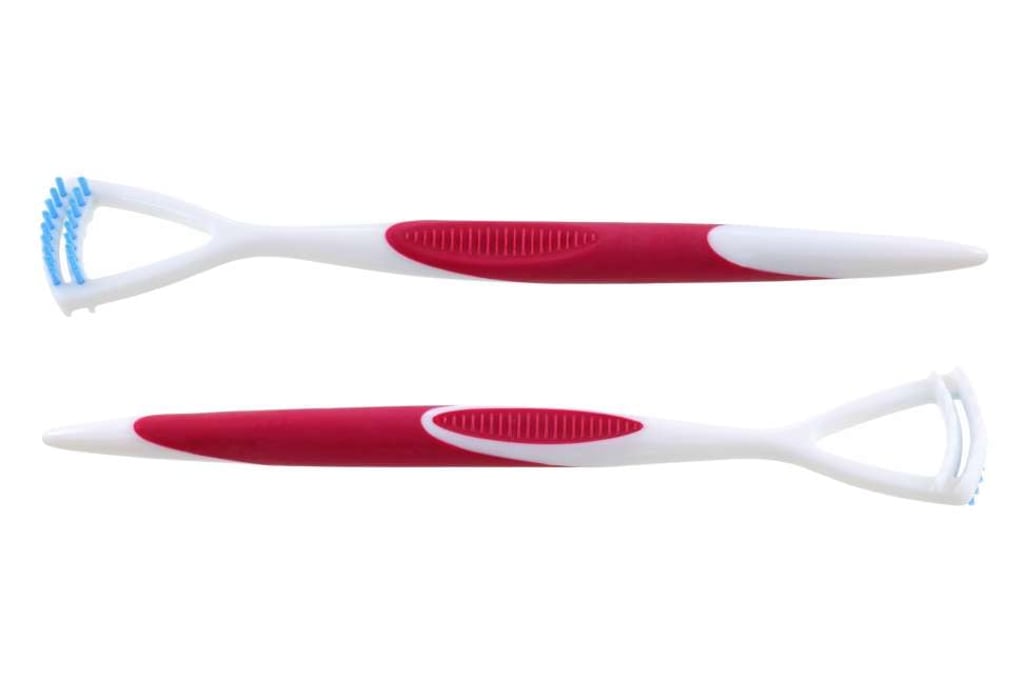Advertisement
Does tongue scraping help promote proper oral hygiene? We asked a dentist
Bacteria that thrive on tongues can lead to gum disease and bad breath, so regular scraping can improve your general mouth hygiene
Reading Time:2 minutes
Why you can trust SCMP

Does tongue scraping work?
The short answer: Yes
You brush and floss your teeth and gargle with mouthwash twice a day, but are you as diligent when it comes to cleaning your tongue? Tongue cleaning is said to be essential to oral hygiene, but if you did not do it regularly, would it make a difference to the overall health of your mouth?
Advertisement
According to Dr Sandeep Jain, a dentist based in Lan Kwai Fong, the answer is yes. “When you clean your mouth, why would you just stop at your teeth?” he asks. “Proper oral hygiene involves cleaning the entire oral cavity – teeth, gums, and the tongue.”

Advertisement
Advertisement
Select Voice
Choose your listening speed
Get through articles 2x faster
1.25x
250 WPM
Slow
Average
Fast
1.25x